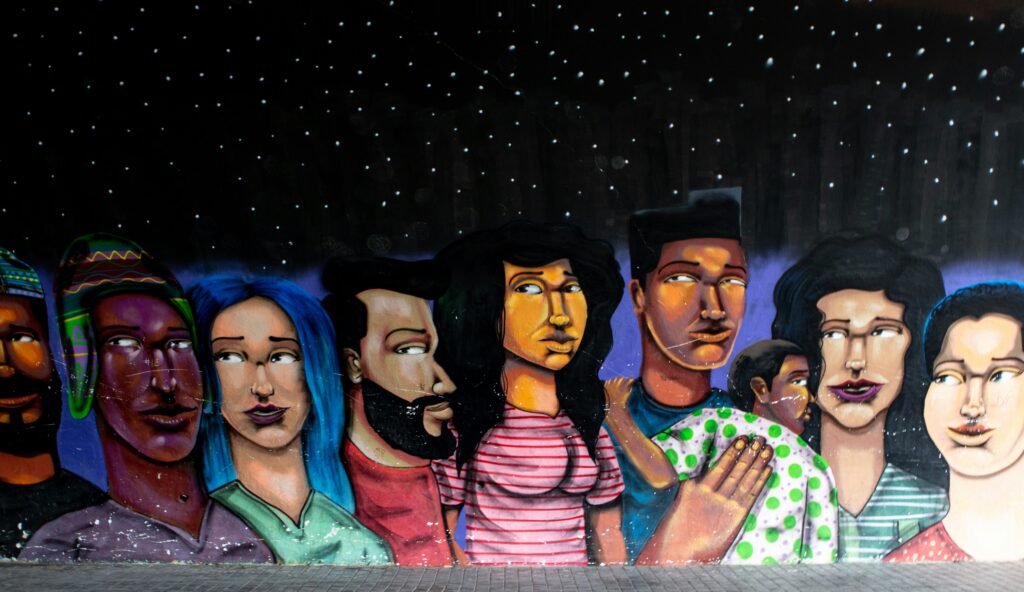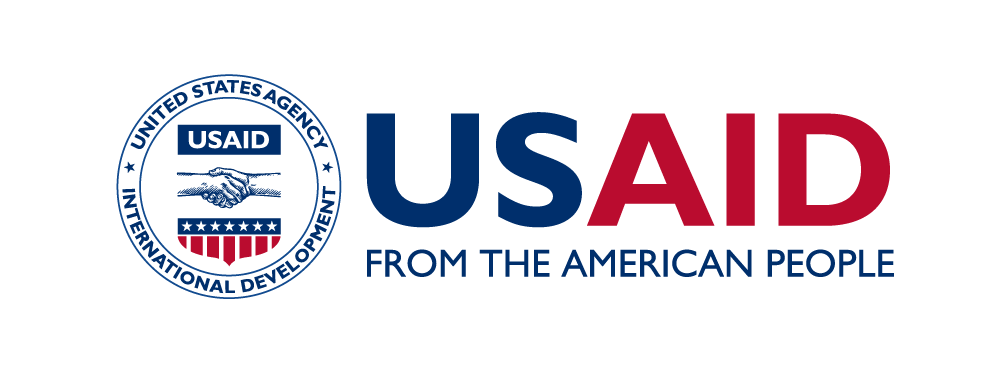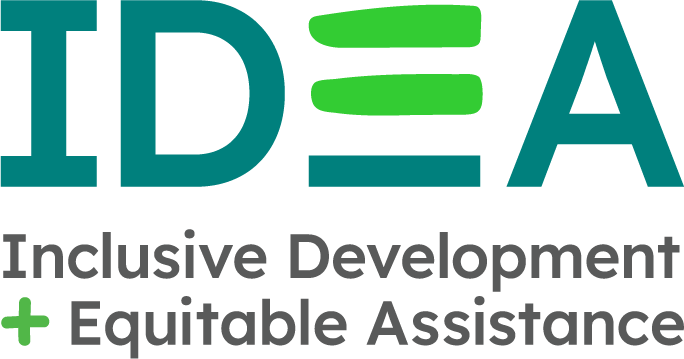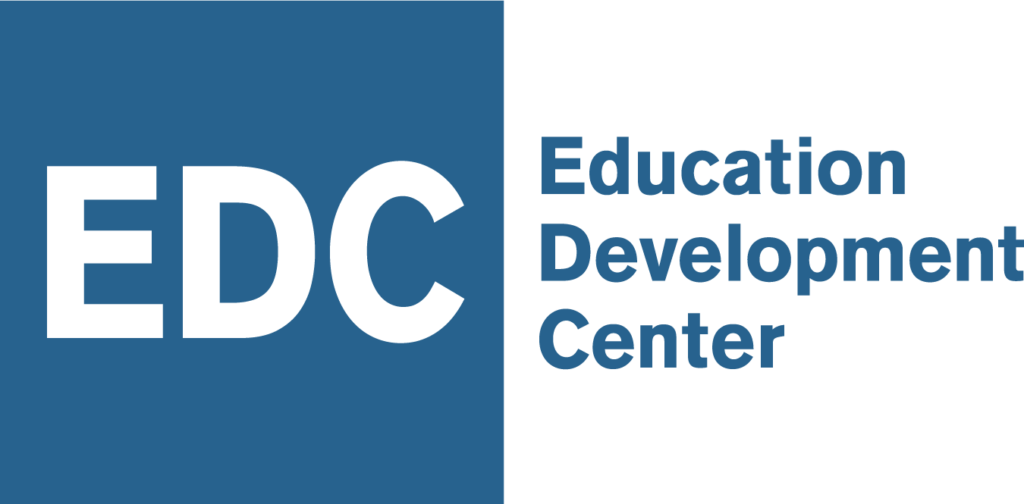WI-HER Partners with the Education Development Center on USAID’s Inclusive Development and Equitable Assistance (IDEA) Activity

In 2023, WI-HER joined a global consortium led by the Education Development Center (EDC) to support the implementation of Inclusive Development and Equitable Assistance (IDEA), a five-year global Leader with Associate award, which is made possible by the generous support of the American people through the U.S. Agency for International Development (USAID)
Inclusive development is critical to USAID’s commitment to fostering equitable international development efforts that engage and work with individuals and communities of all backgrounds, identities, ages, or social statuses to shape their own development priorities. Centering the voices and experiences of historically marginalized and underrepresented groups and people— and removing barriers to their full, meaningful, and equitable participation—is paramount to the success of equitable and sustainable development outcomes.
IDEA promotes inclusive development and localization through capacity-strengthening efforts with marginalized and underrepresented groups, with a focus on supporting their self-determined inclusive development priorities. The project strengthens the engagement of marginalized and underrepresented groups in international development efforts by promoting partnerships between organizations serving and/or led by these groups and USAID and enabling these organizations’ access to resources and networks.
As part of the IDEA consortium, WI-HER is the lead partner on gender equity, youth, and social inclusion (GYSI) with our robust and context-responsive iDARE™ methodology. Moreover, WI-HER supports the research, capacity assessment, and design and implementation of gender-transformative approaches and programming.
WI-HER also supports EDC and consortium members to assess inclusive development practices affecting marginalized and underrepresented groups, provides thought leadership on gender transformative programming and implementation, as well as offers inclusive development-related capacity strengthening support with women- and marginalized and underrepresented group-led organizations in locations pending Buy-Ins, Associate Awards, grants, rapid response activities, and capacity building needs and priorities.
Engaging with organizations led by and serving marginalized and underrepresented groups is essential to the future of inclusive and sustainable development, and strengthening the capacity of marginalized and underrepresented groups advances inclusion and equity in international development. WI-HER’s vision reflects the goals and aspirations of USAID’s inclusive development approach by focusing on amplifying the power and voice of individuals, communities, and institutions to drive equitable, just, and inclusive change.
“Since WI-HER’s founding in 2011, inclusion has been central to all of our work. When we not only listen to the needs and lived experiences of the most vulnerable and marginalized, but actively incorporate these individuals and communities in our efforts, the likelihood of sustainability is greatly increased. We must ensure that everyone, everywhere has the opportunity to participate in interventions and be the agents of their own change. We are honored to be a part of this global effort, through USAID IDEA, to further advance inclusive development,” says Dr. Taroub Harb Faramand, Founder and President of WI-HER.
WI-HER looks forward to supporting EDC and USAID to increase the meaningful engagement of marginalized and underrepresented groups in international development efforts for more inclusive and localized programs and self-determined outcomes.
WI-HER will work alongside IDEA consortium colleagues at Root Change, Christian Blind Mission, CLEAR Global, Minority Rights Group International, Global Changemakers, HelpAge International, ILGA World, the International Rescue Committee, Keystone Human Services International, and the World Institute on Disability.


